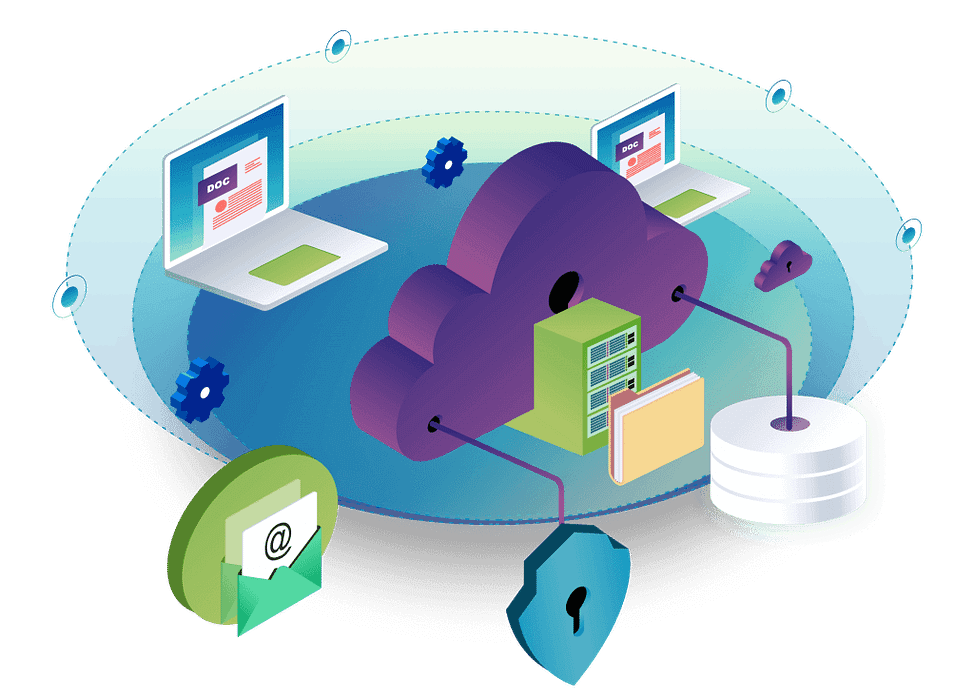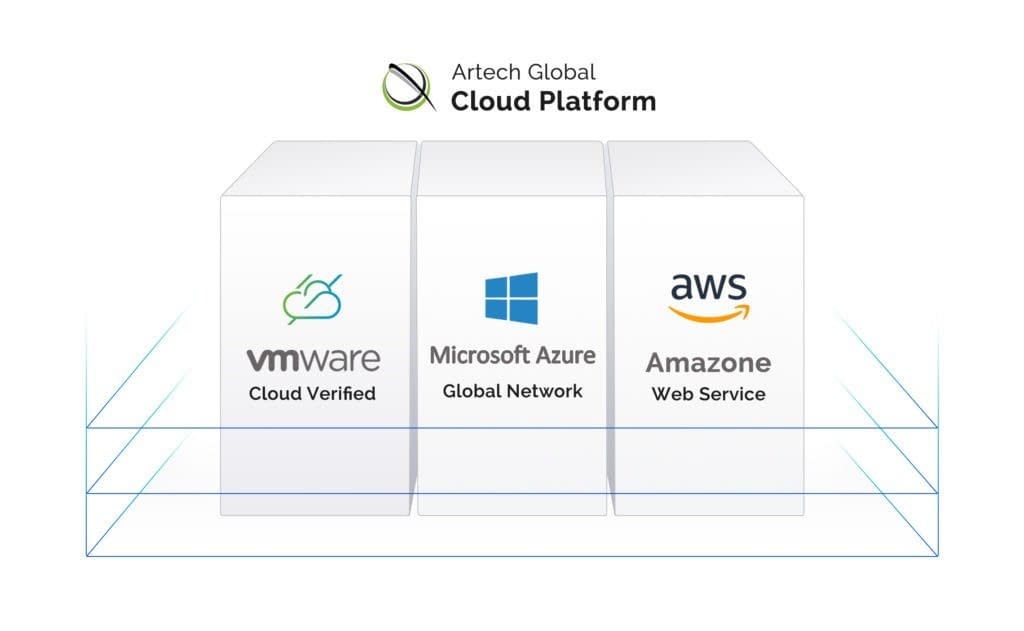Is AWS a cloud service?
Yes, AWS (Amazon Web Services) is a cloud service provider. AWS offers a wide range of cloud computing services, including infrastructure as a service (IaaS), platform as a service (PaaS), and software as a service (SaaS) offerings. AWS provides services for computing, storage, database management, application development, security, and more, and is widely regarded as a leader in the cloud computing industry. AWS has a large and growing customer base, including businesses of all sizes, governments, and non-profit organizations.
What is the salary after MS in cloud computing USA?
The salary after completing an MS in cloud computing in the USA can vary based on a variety of factors, such as the individual’s experience, job location, industry, and job role.
According to data from Glassdoor, the average salary for a Cloud Engineer in the USA is around $103,000 per year. However, this can range from around $70,000 to over $150,000 depending on the specific job and location.
Additionally, individuals with an MS in cloud computing may be eligible for higher-paying roles, such as Cloud Architects or Cloud Consultants, which can have salaries ranging from around $120,000 to $200,000 per year.
It’s important to note that these are just estimates, and actual salaries can vary depending on individual circumstances and job market conditions.
Which country is best for cloud computing?
There are several countries that are considered to be at the forefront of cloud computing. Some of the top countries for cloud computing are:
- United States – The USA is the birthplace of many of the leading cloud computing companies, and has a highly developed cloud infrastructure. Many of the world’s largest cloud providers, including Amazon Web Services (AWS) and Microsoft Azure, are based in the USA.
- Canada – Canada has a highly skilled workforce and a favorable business environment, making it an attractive destination for cloud computing. The country is home to several leading cloud providers, including IBM, Google, and AWS.
- United Kingdom – The UK has a highly developed cloud infrastructure and is a leader in cloud security. It is also home to several leading cloud providers, including Microsoft and AWS.
- Germany – Germany is known for its strict data protection laws, making it a popular destination for cloud computing. The country is home to several leading cloud providers, including SAP and Deutsche Telekom.
- Singapore – Singapore is a rapidly growing hub for cloud computing, with a highly skilled workforce and favorable business environment. The country is home to several leading cloud providers, including AWS and Microsoft.
Ultimately, the best country for cloud computing will depend on a variety of factors, including business needs, workforce availability, and regulatory environment.
What are the cloud computing services in the US?
There are several cloud computing services available in the US, offered by various providers. Some of the most popular cloud computing services in the US include:
- Amazon Web Services (AWS) – AWS is the leading cloud computing service provider in the world, offering a wide range of services including computing, storage, databases, analytics, machine learning, and more.
- Microsoft Azure – Azure is a cloud computing service offered by Microsoft, which provides a range of services including computing, storage, databases, analytics, and more.
- Google Cloud Platform (GCP) – GCP is a cloud computing service offered by Google, which provides a range of services including computing, storage, databases, analytics, and machine learning.
- IBM Cloud – IBM Cloud is a cloud computing service offered by IBM, which provides a range of services including computing, storage, databases, analytics, and more.
- Oracle Cloud – Oracle Cloud is a cloud computing service offered by Oracle, which provides a range of services including computing, storage, databases, analytics, and more.
- Salesforce Cloud – Salesforce Cloud is a cloud computing service offered by Salesforce, which provides a range of services including customer relationship management (CRM), marketing automation, and more.
These are just a few examples of the many cloud computing services available in the US. Each provider offers a range of services with different pricing plans, features, and capabilities, so it’s important to carefully evaluate your needs before selecting a provider.
Is cloud computing in demand in USA?
Yes, cloud computing is in high demand in the USA. As more companies adopt cloud-based technologies, the demand for skilled professionals in this field has grown rapidly in recent years.
Cloud computing has become a critical component of many businesses’ IT infrastructure, providing numerous benefits such as cost savings, scalability, and flexibility. This has led to an increased demand for cloud computing services and a corresponding need for skilled professionals to design, implement, and maintain these systems.
According to a report by Burning Glass Technologies, there were over 2.3 million job postings in the US for cloud computing-related positions in 2020. These positions range from cloud architects and engineers to DevOps specialists and security professionals.
Furthermore, cloud computing is projected to continue to grow in demand in the coming years, with a projected 14% growth rate from 2020 to 2028, according to the US Bureau of Labor Statistics. This suggests that the demand for cloud computing skills in the US will continue to be strong for the foreseeable future.



